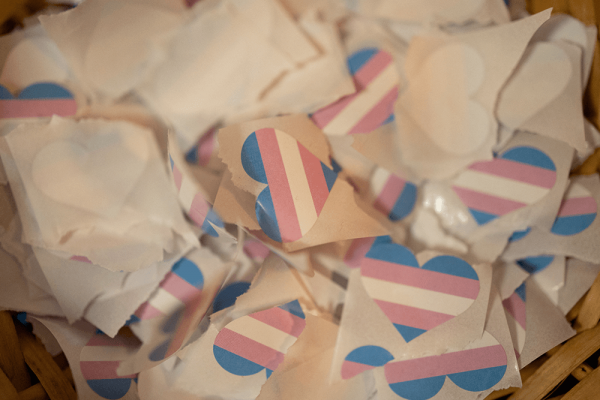Mar 31, 2023
Nearly 30 groups of Catholic nuns, totaling more than 6,000 people across 18 states, signed onto a statement celebrating Trans Day of Visibility and calling people to resist anti-transgender legislation in their states.
Read the Full Article

Already a subscriber? Login
